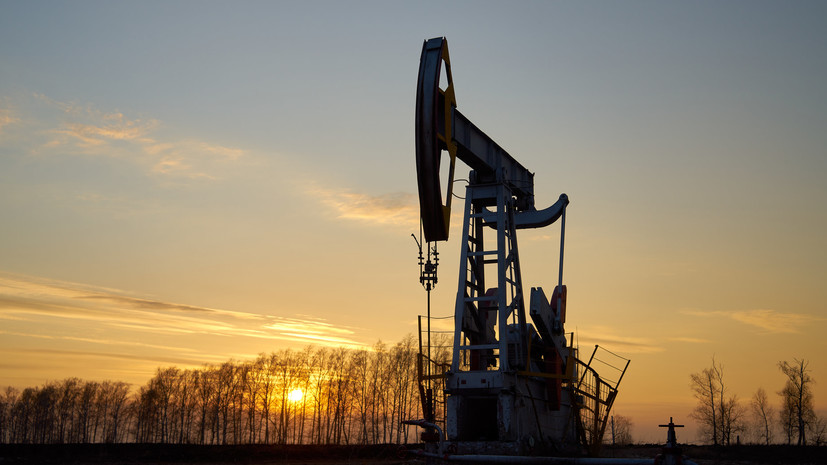The specialist noted that oil consumption in the world is growing, but production, on the contrary, has decreased.
“China and India are increasing their consumption, and they are the drivers of demand growth and are importing more and more. At the same time, OPEC+ tightened quotas on January 1, and then additionally, many participants voluntarily announced a reduction in their production volumes... It turns out that the growing demand does not have enough supply. And against this background, the price is gradually rising,” said Yushkov.
The second factor influencing the price of oil, according to the expert, is tension in the Middle East.
“It has also been acting for a long time as a kind of element of support for oil prices. Now we see that the escalation continues... Iran is increasingly being drawn in directly, and not through its allies. And Iran has always promised that if it suddenly faces any danger, then it will close the Strait of Hormuz, through which 20% of world oil trade passes every day. And the threat of such a scenario alone pushes prices up,” the analyst explained.
According to his forecasts, in the near future the price will fluctuate around $90 per barrel, but gradually it will still grow.
“Only one aspect can bring it down - the commissioning of some new projects in countries that are not members of OPEC+. But, again, as soon as they put some project into operation, the price will bounce down. Then it will grow again against the backdrop of rising global consumption. Therefore, such abrupt movements are possible, but between them, I think the price will gradually rise,” concluded RT’s interlocutor.
Earlier it became known that the price of Brent oil on the London ICE exchange exceeded $91 per barrel for the first time since October 23, 2023.

